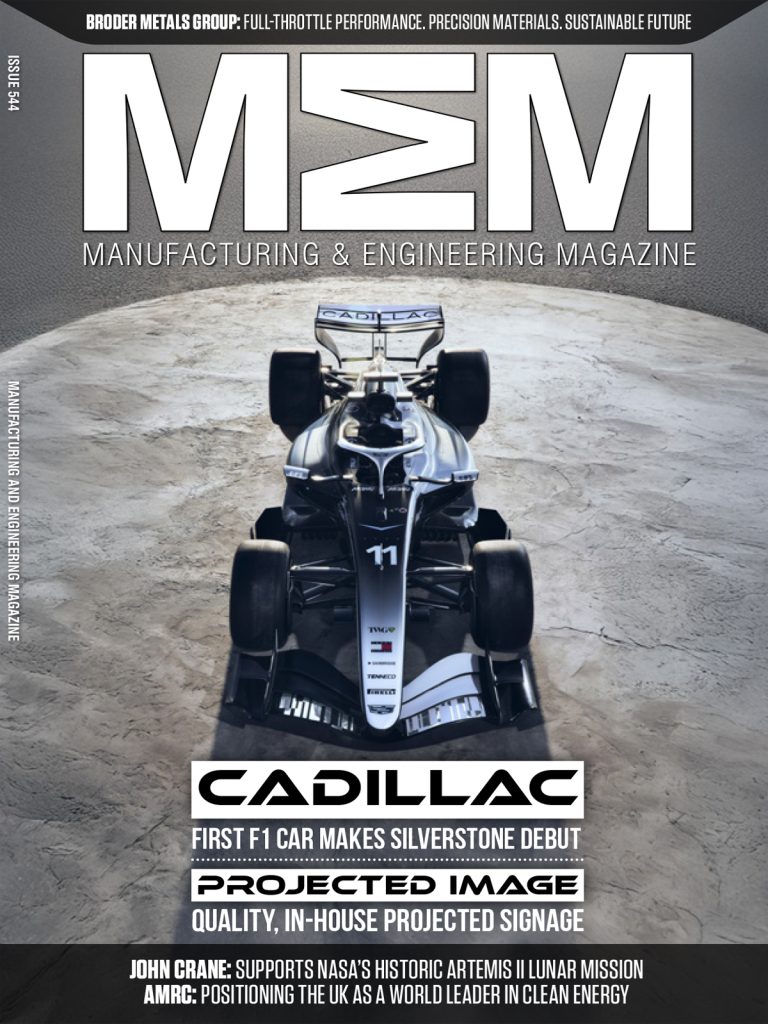The latest quarterly CBI Industrial Trends Survey revealed that even though manufacturing growth has accelerated to its strongest pace in a year, investment decisions have deteriorated. More than 350 manufacturers agreed that new orders continued to expand at a brisk pace, with a pick-up in the domestic market offsetting a slight slowdown in new export orders.
“The pick-up in output growth is good news and with new orders still running at a healthy rate, the near-term outlook for manufacturers remains reasonably bright,” said CBI chief economist, Rain Newton-Smith. “Yet manufacturers are still in ‘wait-and-see’ mode when it comes to their investment plans. Skills shortages are increasing and making it hard for businesses to invest in capital projects, particularly with ongoing uncertainty around the direction of Brexit talks.”
For the second consecutive quarter, the sentiment regarding general business conditions remained unchanged, but optimism regarding export prospects stalled, having increased steadily for much of the past two years. Moreover, growth in output and total orders are expected to slow moderately in the three months to October.
Even though investment intentions deteriorated significantly in the three months to July, firms are planning to keep spending steadily on plant and machinery and expect to cut back on investment in buildings. However, firms have dialled down on investment in “intangible” assets – product & process innovation and training & retraining – with spending in both categories expected to fall at a pace unseen since the global financial crisis.
“The retrenchment of training budgets is worrying at a time when skills shortages are increasing, and it underlines the urgent need to pick up the pace on Apprenticeship Levy reform,” said Rain.
Despite signs that capacity pressures were rising again last quarter, investment intentions within UK manufacturing were subdued; therefore the proportion of firms working below capacity fell close to the record-low seen at the turn of the year.
Meanwhile, the share of firms citing a lack of skilled labour as a likely constraint on activity rose well above the long-run average. Additionally, concerns that labour shortages would hold back capital spending in the year ahead increased to the highest on record.
Manufacturing & Engineering Magazine | The Home of Manufacturing Industry News













